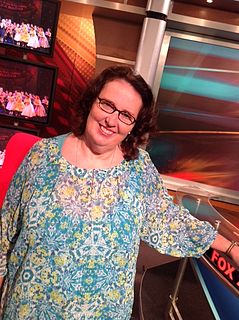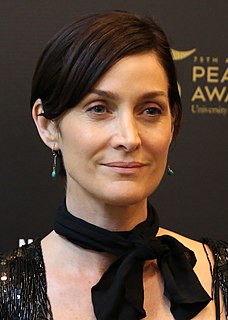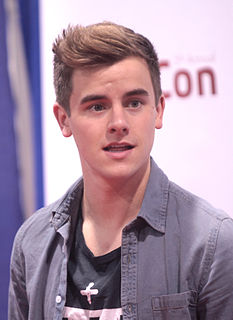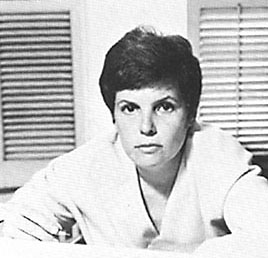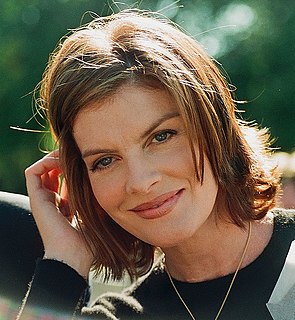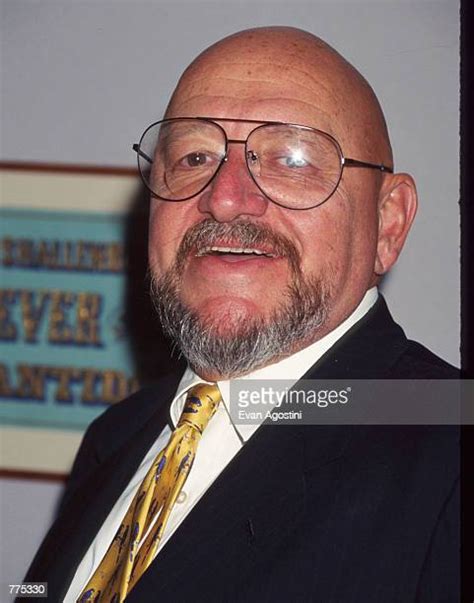A Quote by Phyllis Smith
One of the first places I was ever recognized after 'The Office' came out was at Target in Los Angeles. Someone came up to me, and she said, 'Are you Phyllis from 'The Office?'' We were in different aisles, but she had recognized my voice.
Related Quotes
First, let me just say that I flew in from Los Angeles last evening. And the plane was absolutely filled with women who were coming from the Greater Los Angeles area to be here. And it wasn't that they were necessarily organized in some particular group. Individual women that I talked to - I said, well, who are you with? They said I'm not with anybody. I just decided I couldn't stay home. I just got up, and I came [to the Women's March].
Insofar as she recognized at all that she was dreaming, she realized that she must be exploring her subconscious mind. She had heard it said that humans are supposed only to use about a tenth of their brains, and that no one was really clear what the other nine tenths were for, but she had certainly never heard it suggested that they were used for storing penguins.
I met Indira Gandhi in her office in the government palace. The same office that had been her father's - large, cold and plain. She was sitting, small and slender, behind a bare desk. When I entered, she got up and came forward to give me her hand, then sat down again and cut the preliminaries short by fixing me with a gaze that meant: Go ahead with the first question, don't waste time, I really have no time to waste.
So I called and said, 'Mommy, I'm doing a political film with Jean-Luc Godard. You have to come and sign the contract.' She thought I was lying, so she hung up the phone. But then she came the next day, even though she had never taken an airplane in her life. She came to Paris and she signed my contract.
She didn't care anymore... and she got no pleasure from the work she did, but she did it. Everything bored her. She found that when she didn't have a notebook it was hard for her to think. The thoughts came slowly, as though they had to squeeze through a tiny door to get to her, whereas when she wrote, they flowed out faster than she could put them down. She sat very stupidly with a blank mind until finall 'I feel different' came slowly to her mind. Yes, she thought, after a long pause. And then, after more time, 'Mean, I feel mean.
The first year I was in office, only about 800 people came out of the Soviet Union, Jews. By the third year I was in office... second year, 1979, 51,000 came out of the Soviet Union. And every one of the human rights heroes - I'll use the word - who have come out of the Soviet Union, have said it was a turning point in their lives, and not only in the Soviet Union but also in places like Czechoslovakia and Hungary and Poland [they] saw this human rights policy of mine as being a great boost to the present democracy and freedom that they enjoy.
At that moment a very good thing was happening to her. Four good things had happened to her, in fact, since she came to Misselthwaite Manor. She had felt as if she had understood a robin and that he had understood her; she had run in the wind until her blood had grown warm; she had been healthily hungry for the first time in her life; and she had found out what it was to be sorry for someone.
...In Paris she found Magnus, who was living in a garret apartment and paiting, an occupation for which he had no aptitude whatsoever. He let her sleep on a mattress by the window, and in the night, when she woke up screaming for Will, he came and put his arms around her, smelling of turpentine. "The first one is always the hardest," he said. "The first?" "The first one you love who dies," he said. "It gets easier, after.
What crystallized the importance of speaking out like that - of making nonviolence not just a tool or a tactic, but a way of life - was in San Diego [at Comic-Con]. One of the young girls who marched with us was wearing a hijab, and she came up to me afterward because I talked about my beard, and I talked about why I was doing it, and she came up and she gave me a hug, and she was crying. And she said, "Thank you. You have no idea how the other students treat me because they're shown that this is OK by Donald Trump. Thank you for speaking out."
